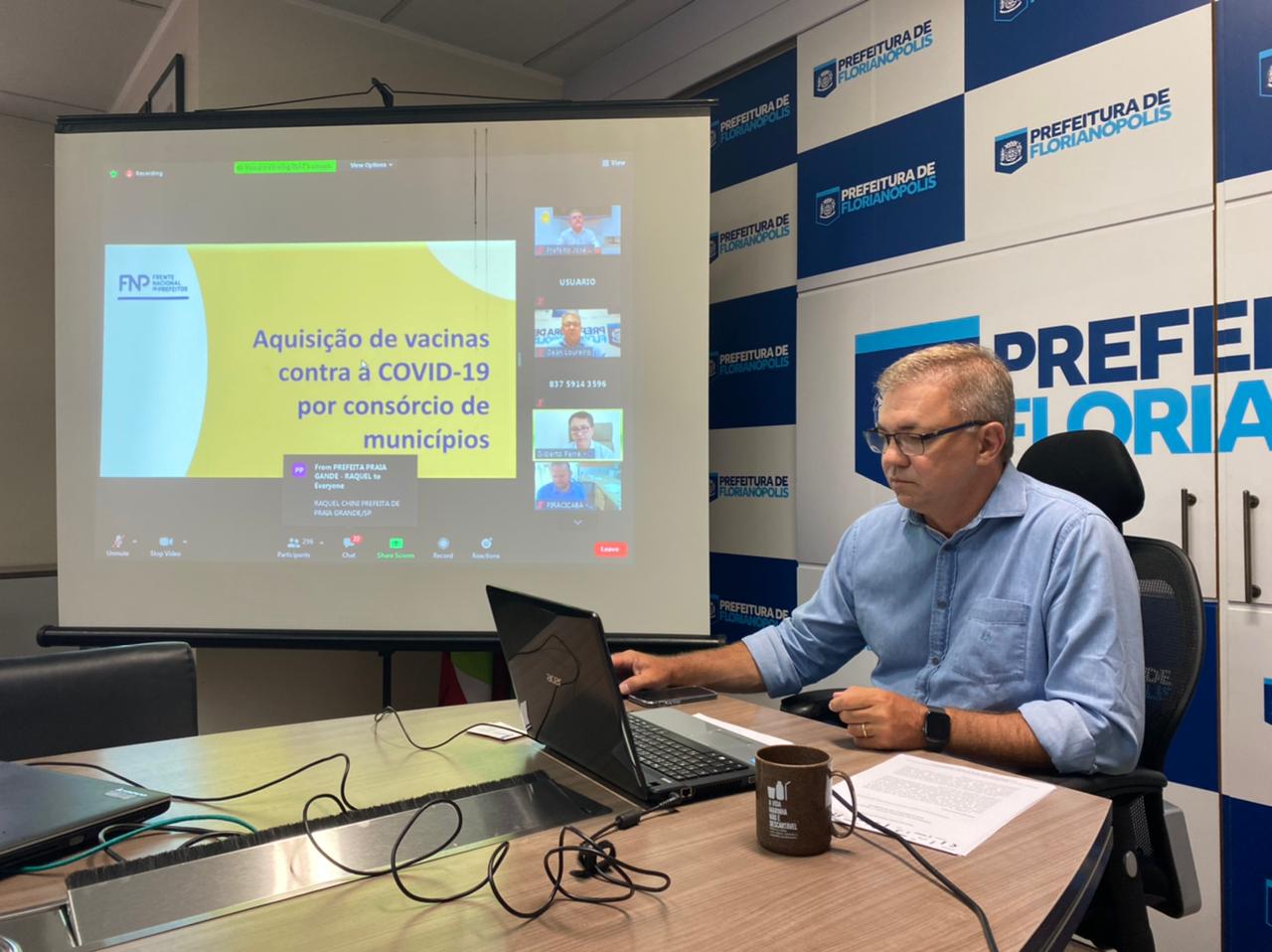Emotional exhaustion and demotivation are among the main challenges companies face in retaining talent
In recent years, a silent phenomenon has significantly impacted the job market: post-pandemic social fatigue. According to experts, this collective emotional exhaustion has led to an increase in absenteeism, presenteeism and lack of professional engagement. For companies, this translates into increasing challenges in attracting and retaining talent, in addition to operational losses.
According to Elcio Paulo Teixeira, CEO of Heach Human Resources, this phenomenon is the result of prolonged stress that began with the pandemic and was aggravated by factors such as grief, isolation, economic instability, and emotional overload. “The human brain was not designed to deal with such high levels of chronic stress. Even after the pandemic, the impacts of this burnout continue to be evident in the behavior of professionals,” he says.
Social fatigue is directly reflected in the corporate environment. Data collected by Heach Human Resources indicates a significant increase in unexpected absences due to emotional and mental health reasons. In addition, so-called “professional ghosting” — when successful candidates do not even show up for their first day of work — has become a frequent problem.
The most affected areas include healthcare, education, logistics, retail and technology. Professionals in these areas are more prone to burnout, show a lack of interest in selection processes and demand greater flexibility in working conditions. “Companies need to understand that they are not dealing with a disinterested generation, but with a society that is still recovering from a collective trauma,” Teixeira emphasizes.
Another side effect of social fatigue is the feeling that time is speeding up, increasing anxiety and frustration in the corporate environment. “When the brain is in a constant state of alert, it does not process time naturally. This contributes to the feeling of days and weeks passing by more quickly, intensifying mental exhaustion,” explains the CEO.
Given this scenario, Elcio warns of the need for a new perspective on people management. For him, companies that do not adapt to this reality may face even greater difficulties with turnover and loss of talent. “It is no longer enough to talk about productivity and goals without considering the human side of employees. We need to change the way we deal with people,” he emphasizes.
The solution involves strategies that prioritize the well-being of employees, such as reviewing the employee value proposition (EVP), offering psychological support, adopting more humanized leadership, and more empathetic selection processes. “We survived a pandemic, but now the challenge is to relearn how to live and work,” concludes Teixeira.
MARIANA YOLE



